1. The History of Olive Oil:
- Traced back 6,000 years, originating from Pressing olives produces olive oil, which has been used in what are now Iran, Syria, and Palestine. Eventually, it made its way to the Mediterranean Basin where it became well-known for its abundance of olive groves.
- Olive oil has been used for religious ceremonies and medicine for centuries, and it is now a key ingredient in many cuisines..
- Extra-virgin olive oil, olive oil, and light-tasting olive oil are the three most common varieties of olive oil. Olive oil is versatile and can be used in a variety of dishes and baking. When you don't want the robust flavour of extra-virgin olive oil, use light-tasting olive oil instead.
2. Health Benefits of Olive Oil:
- Olive oil is one of the healthiest fats, and it's especially beneficial for heart health. Research involving more than 7,200 women aged 55 and older who were at a high risk of heart disease was conducted. The researchers discovered that those who ate the most olive oil in the context of a Mediterranean diet had as much as a 35 percent and 48 percent decreased risk of heart disease and mortality, respectively, when compared to those who consumed the least amount.
- Extra-virgin olive oil consumption of 10 grams or more per day was associated with a 10 percent decreased risk of cardiovascular disease and a 7 percent decrease in mortality from heart illness.
- The researchers believe that olive oil's MUFAs, phenols, and vitamin E may be heart healthy. The oil is also believed to have anti-inflammatory effects and improve blood vessel function, cholesterol, and insulin sensitivity while lowering high blood pressure. Although olive oil is healthy, it is only one part of a complete Mediterranean diet. Fruit, vegetables, nuts, and legumes are all components of the diet that help heart health.
- Olive oil may help you live longer. According to one research, people who consumed at least a half tablespoon of olive oil per day had a 19 percent decreased chance of dying compared with those who never or rarely ate it. Another benefit of using extra virgin olive oil is that it may help reduce the risk of death from heart disease, cancer, and neurodegenerative diseases. The researchers propose substituting margarine, butter, mayonnaise, and dairy fat with olive oil to enhance health benefits.
3. Types of Olive Oil:
| EXTRA VIRGIN OLIVE OIL | It's the highest-grade olive oil available. It goes through extreme cold processing, which keeps the natural components stable after exposure to high heat. As a result, it has a minimal acidity, even lower than virgin oil. |
| VIRGIN OLIVE OIL | Unlike other olive oils that use the cold-pressing technique, this unrefined oil has a higher level of acidity content. It ranges between 1 to 4 percent and is also temperature resistant. Unlike extra-virgin olive oil which has a bolder taste, this type of oil is more subtle and can be used for cooking over low heat or in salad dressings. |
| PURE OLIVE OIL | Pure olive oil is made by blending extra virgin or virgin olive oil with refined oil. It is rich in vitamin E and used solely for cooking, body massages, and therapies. |
| REFINED OLIVE OIL | It is considered a good quality oil. Refined olive oil is only used for culinary purposes. It's suitable for all types of cooking, but it's especially great when cooking at high temperatures. It has the same amount of fat as the other two oils. |
| OLIVE POMACE OIL | The lowest quality olive oil available is pomace. The residue and remains left after the fruit's pressing are known as pomace. There is still oil and water residue after the actual fruits are pressed. The last bit of oil is extracted and combined with high-quality oils to enhance its grade. However, this oil is ideal for massages and other therapies. |
4. FAQs Olive Oil:
Olive oil on your body
Contrary to popular belief, research suggests that olive oil may irritate your skin. If you want to use it topically, look for products and soaps formulated with olive oil rather than using the oil itself straight from the bottle.
Drink olive oil
Though it's not unsafe, 1 tbsp of olive oil contains 120 calories. If you were to drink 1 ounce of olive oil, you would consume 240 calories in one gulp-- more than 10 percent of the recommended daily caloric intake on a 2,000-calorie diet. Ultimately, it is up to you to determine how much olive oil to use based on your goals.
Olive oil for daily cooking
Yes, with a smoke point of 350 to 410 degrees Fahrenheit. That's high enough that you can sauté safely with it. Grab an oil with a higher smoke point if you're going for higher heat applications (fries, stir fries). It's safe to use a little olive oil straight from the bottle for cold applications (salad dressings, as a finishing drizzle on dishes).
Key benefits of olive oil
MUFAs abound in olive oil. MUFAs may help lower cholesterol levels and blood sugar control, which can reduce the risk of heart disease by way of lowering cholesterol and improving blood sugar management.
Side effects of olive oil
Olive oil can be eaten in moderation; since a single tablespoon has 120 calories, consuming it in excess might cause weight gain. Only use olive oil when cooking at temperatures under 410 degrees F because high heat may oxidise it and generate free radicals.
Explore Meyer Cookware Range Here


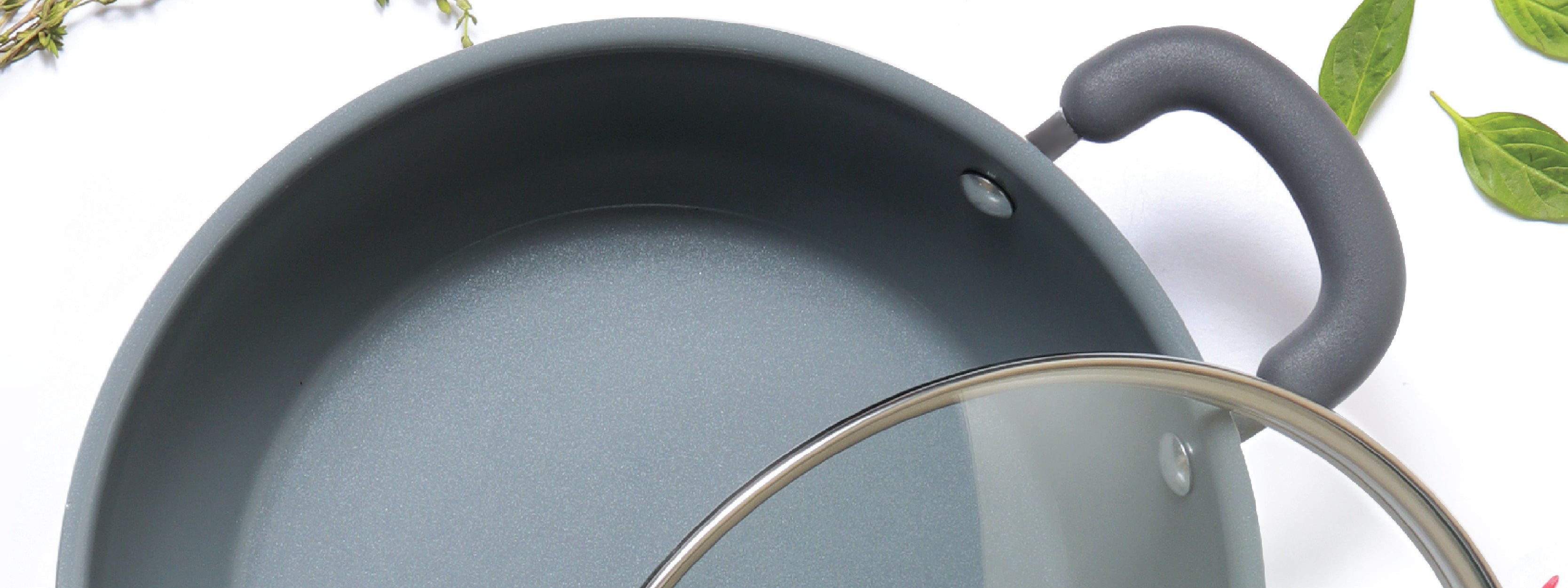
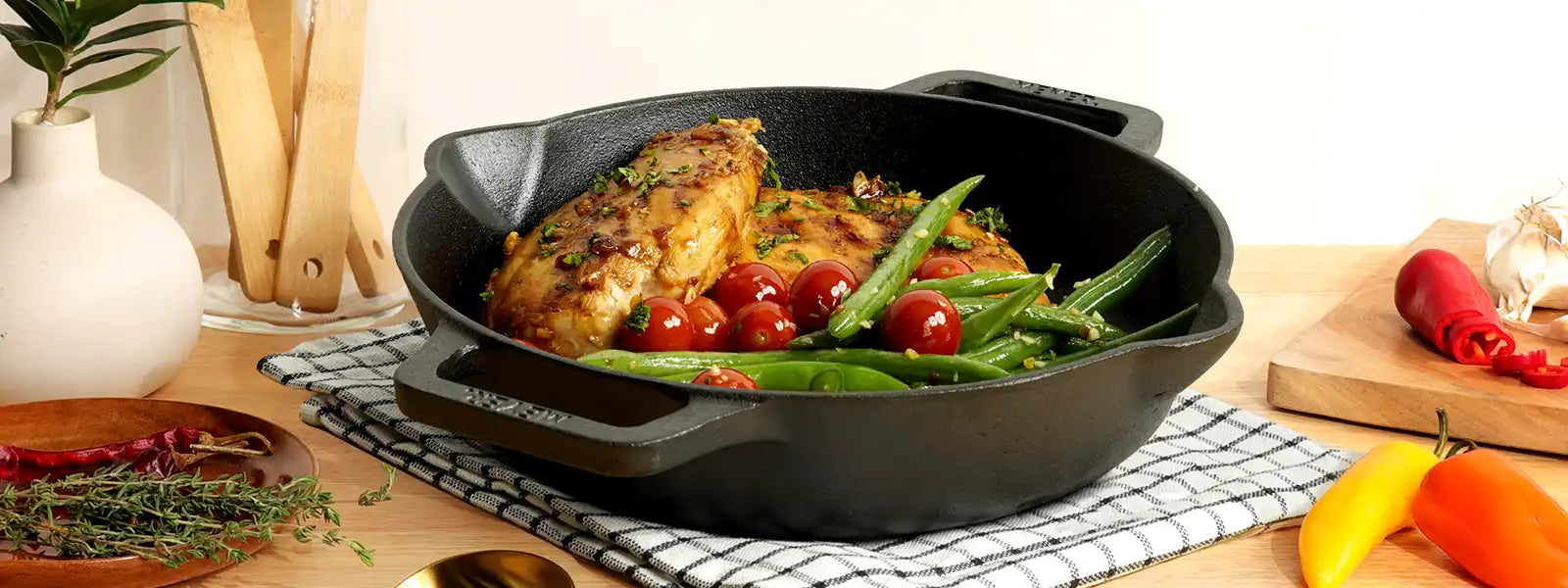
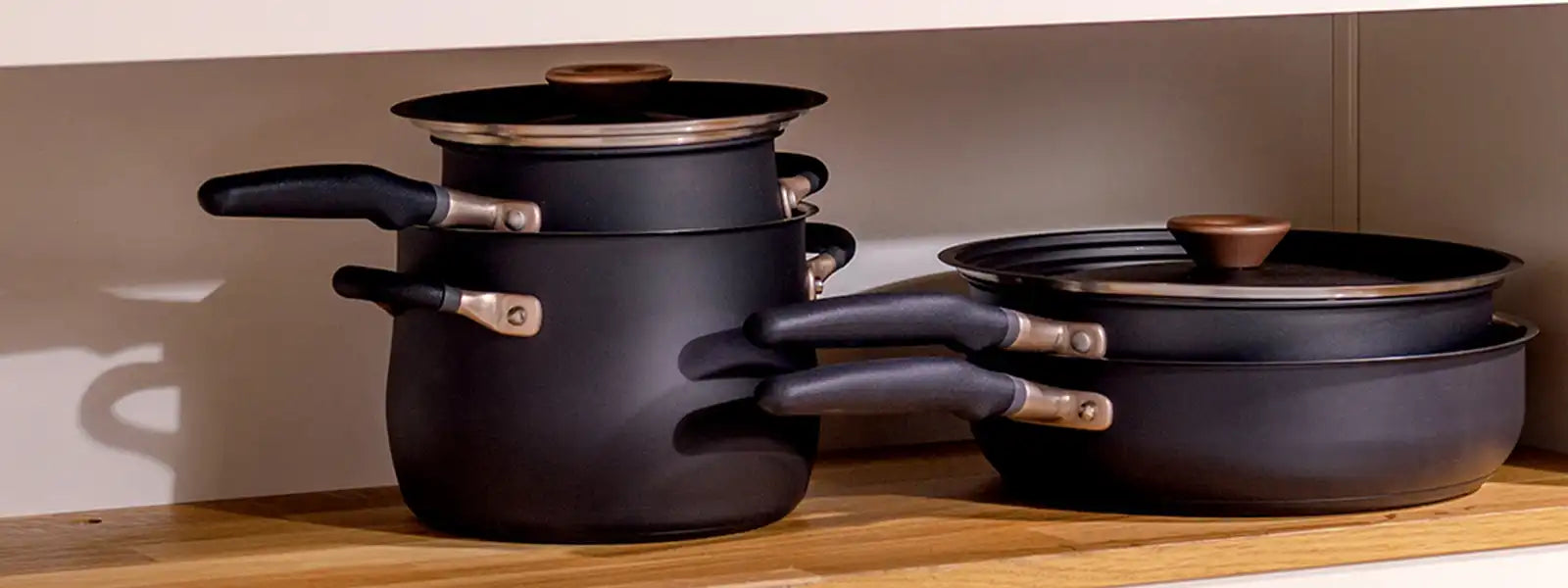
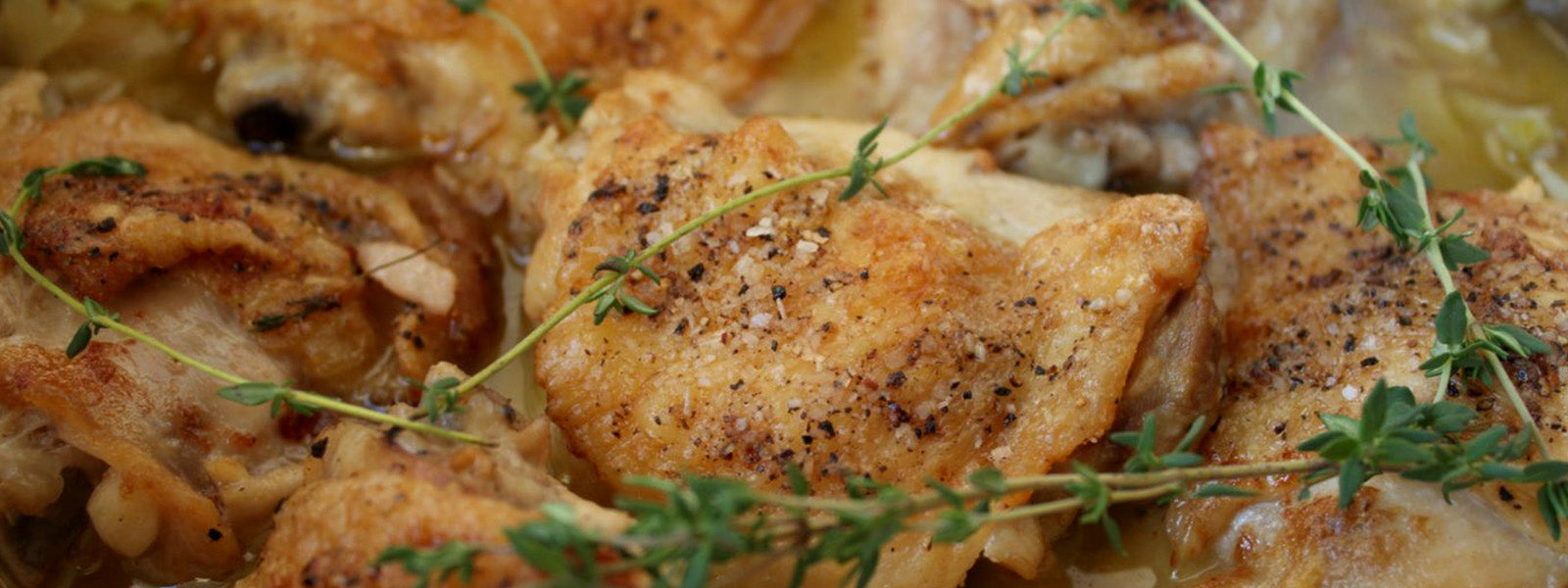
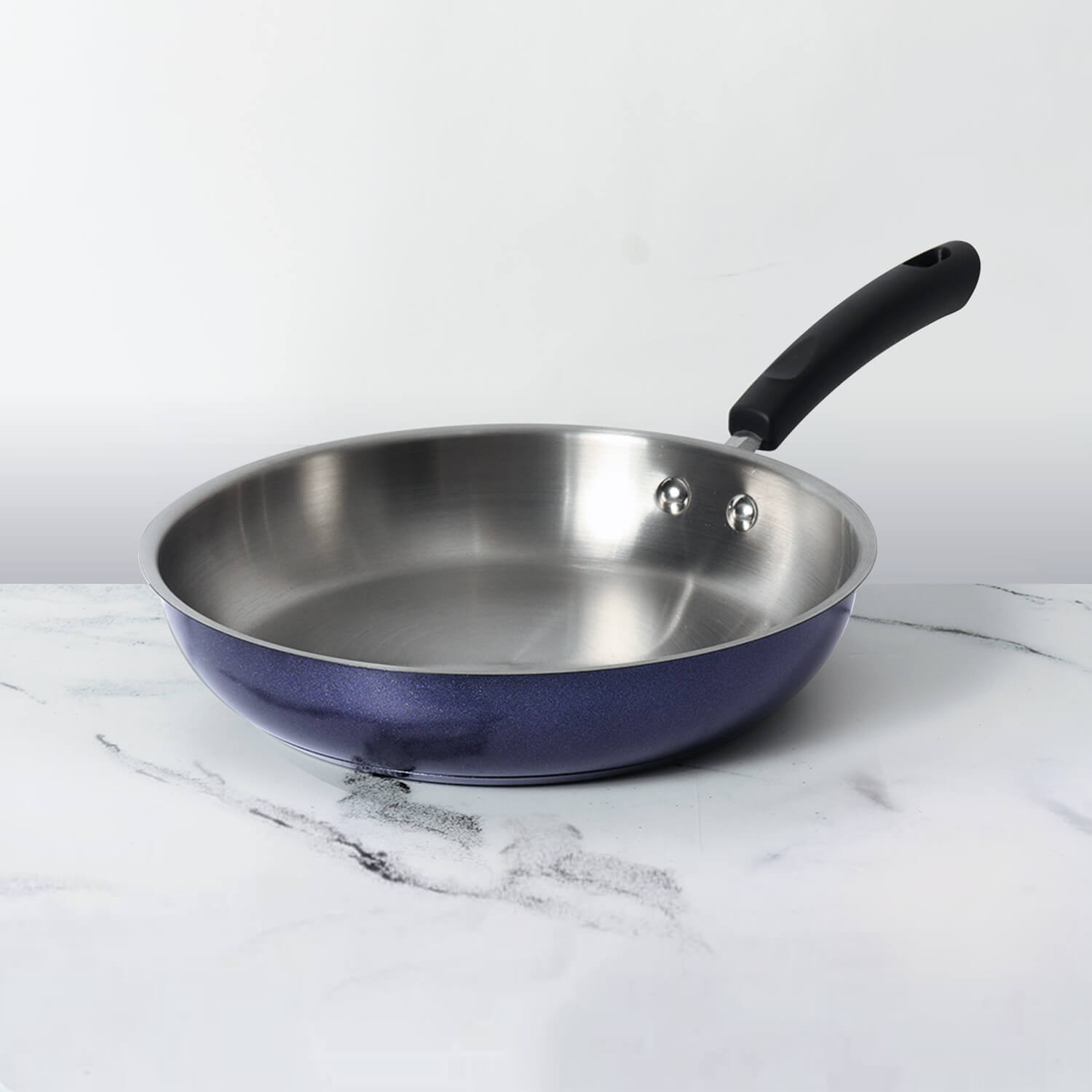
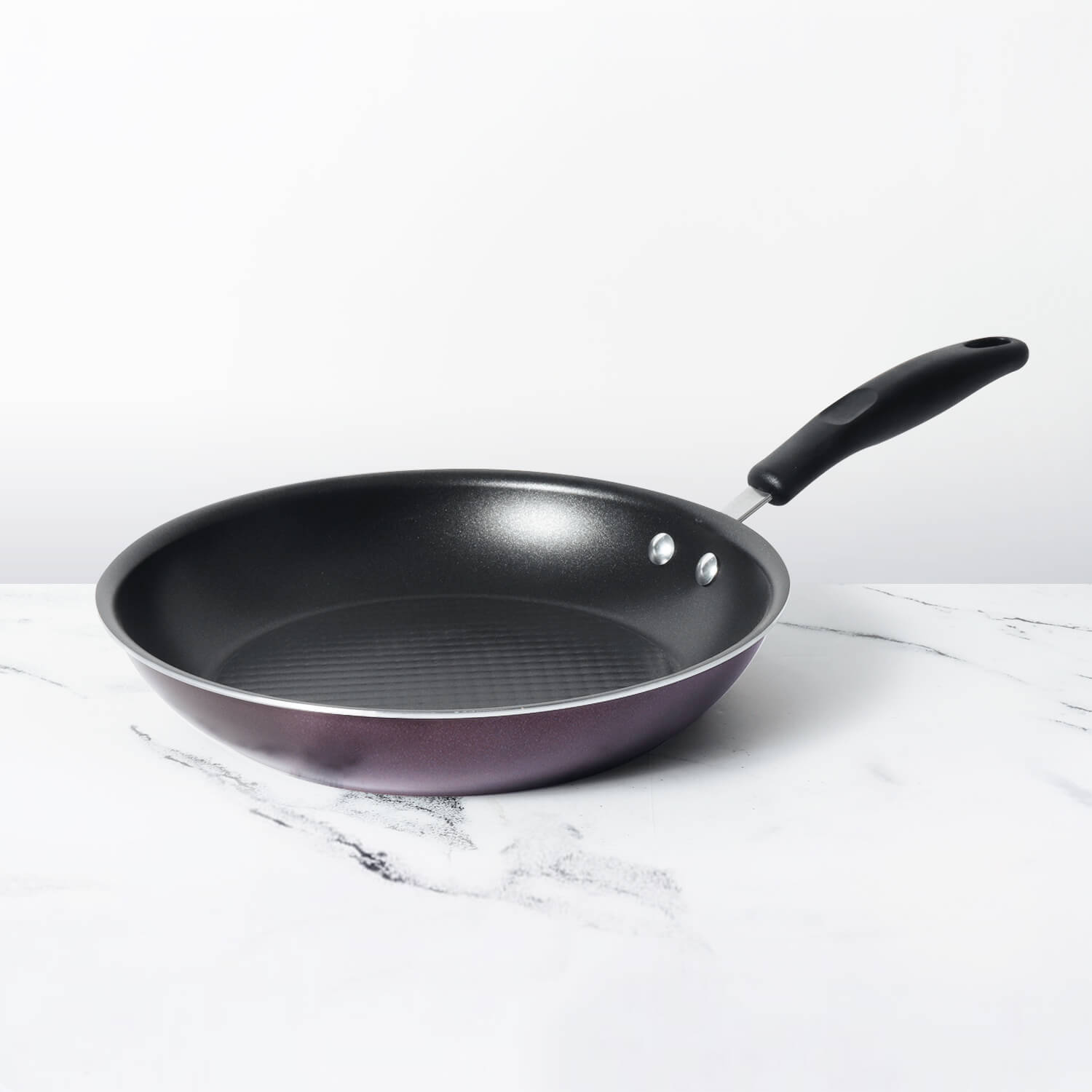




Leave a comment